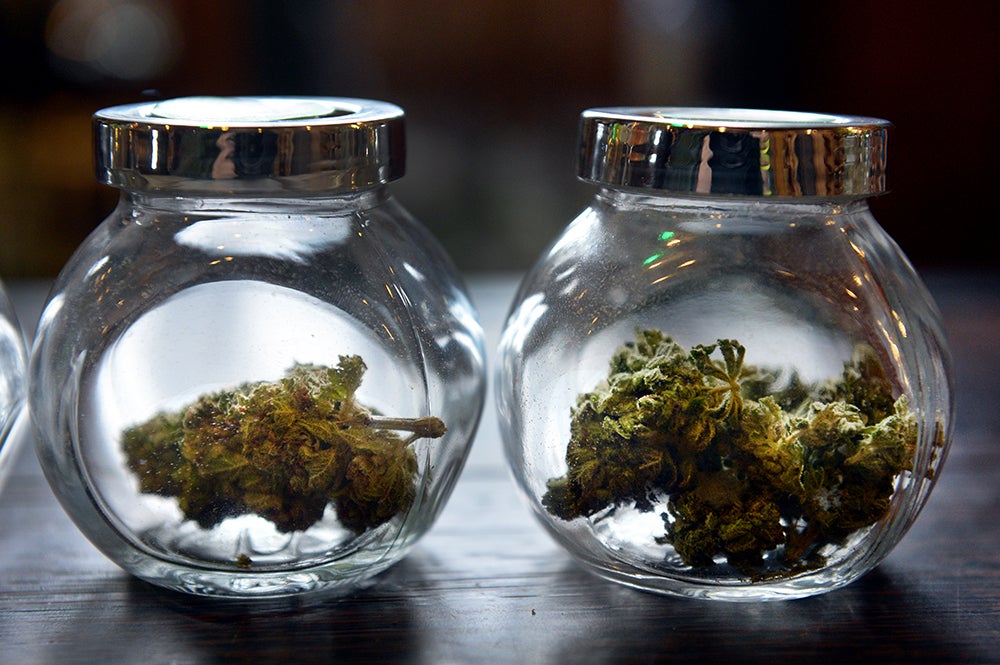Cannabis use could implant false memories, scientists warn
Long-term use can disrupt the ways that the brain understands reality

Your support helps us to tell the story
From reproductive rights to climate change to Big Tech, The Independent is on the ground when the story is developing. Whether it's investigating the financials of Elon Musk's pro-Trump PAC or producing our latest documentary, 'The A Word', which shines a light on the American women fighting for reproductive rights, we know how important it is to parse out the facts from the messaging.
At such a critical moment in US history, we need reporters on the ground. Your donation allows us to keep sending journalists to speak to both sides of the story.
The Independent is trusted by Americans across the entire political spectrum. And unlike many other quality news outlets, we choose not to lock Americans out of our reporting and analysis with paywalls. We believe quality journalism should be available to everyone, paid for by those who can afford it.
Your support makes all the difference.Cannabis use can lead to people remembering things that never happened, according to a new study.
While scientists have long known that the drug makes people forgetful, the new study finds that it can make them more likely to remember something that didn’t happen at all.
The study, published in Molecular Psychiatry, compared a group of 16 regular weed smokers with a control group that had smoked less than 50 times in their lives. They were asked to remember a series of words and the shortly after told to recognise them, with the scientists also adding some words that hadn’t been there the first time around.
Brain scans showed that the regular smokers were more likely to recognise “lure words” — which were similar to the first set of words but weren’t there. The scientists behind the study say that it shows “that abstinent cannabis users have an increased susceptibility to false memories, failing to identify lure stimuli as events that never occurred”.
Since all of those involved in the study didn’t smoke for a month before it was conducted, scientists said that it was likely that the effects happened “even when abstinent and drug-free, suggesting a long-lasting compromise of memory and cognitive control mechanisms involved in reality monitoring”.
The disruption could be related to the physical changes that cannabis has on the brain. Both the commonly-associated forgetfulness and the false memories could come from the effects on the size of the hippocampus, a key part of the brain that helps process memories.
While the differences between the two groups were large, and the scientists claim that the results were statistically significant, the size of both groups studied were quite small.
Join our commenting forum
Join thought-provoking conversations, follow other Independent readers and see their replies
Comments